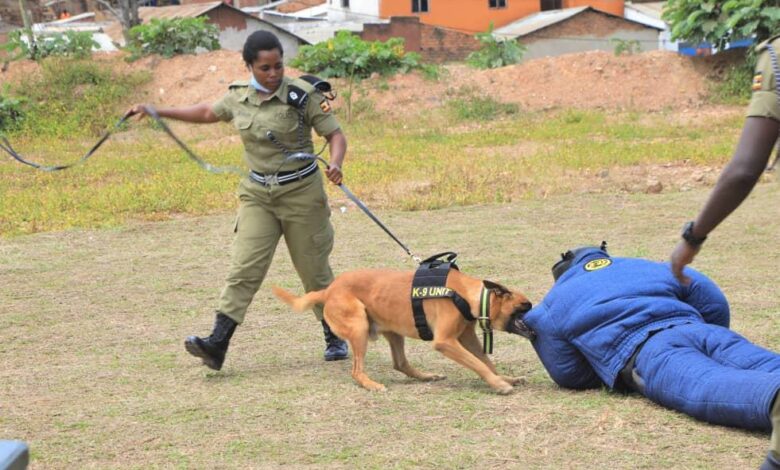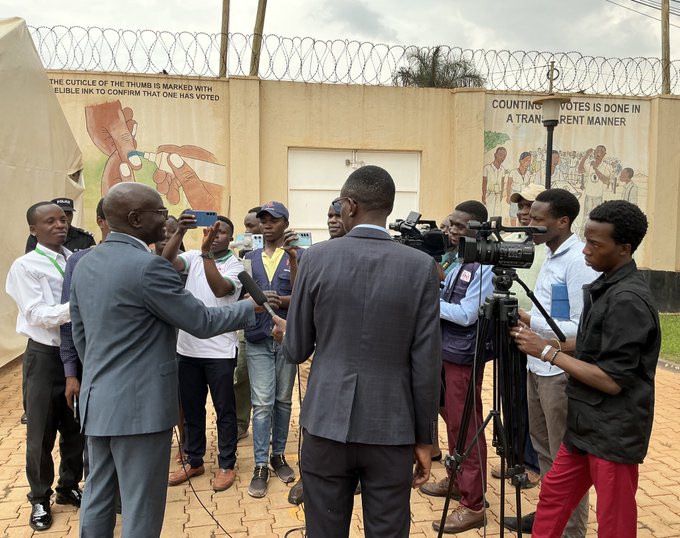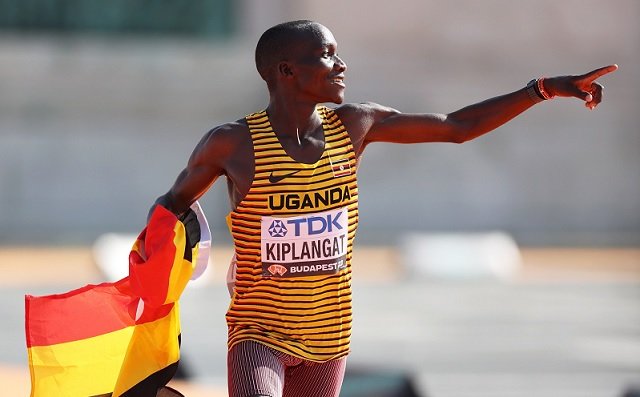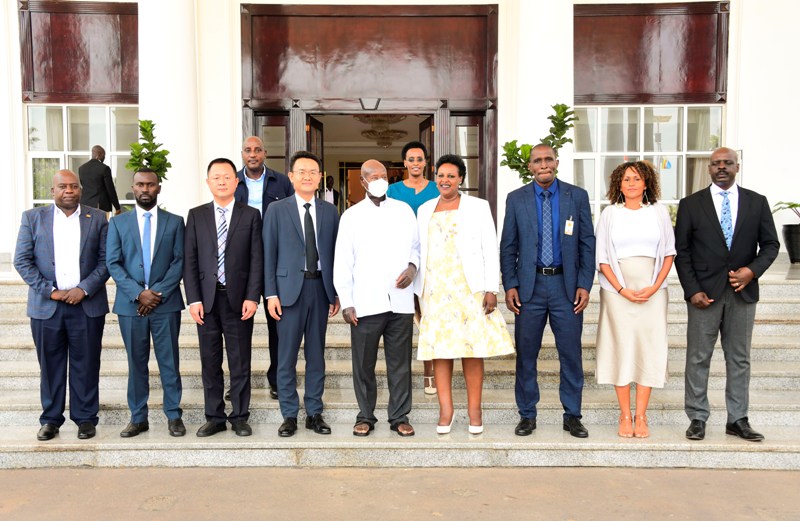Shadows of corruption in Uganda’s Police Canine unit
Marlon Agaba, ACCU's executive director, voiced the frustration of many Ugandans who feel trapped in a system that offers no avenue for reporting misconduct.

There’s a troubling narrative that’s unfolding within the Uganda Police Force (UPF). Reports of extortion by canine police officers, who allegedly fabricate charges to solicit bribes, have sparked outrage and concern among citizens.
The Anti-Corruption Coalition Uganda (ACCU) is stepping in, calling for greater transparency and accountability from law enforcement.
Marlon Agaba, ACCU’s executive director, voiced the frustration of many Ugandans who feel trapped in a system that offers no avenue for reporting misconduct.
“People have nowhere to turn, leading many to suffer in silence as this vice persists,” he lamented. This sentiment reflects a broader sense of helplessness among victims who fear the very institution meant to protect them.
The public’s distrust is compounded by the advice of police spokesperson Kituuma Rusoke, who suggested that, “victims report their experiences to the Professional Standards Unit (PSU)”
However, Agaba pointed out a critical flaw in this guidance: “This advice assumes that the public is aware of the PSU’s existence and its functions, which is far from the truth.” Many citizens are left in the dark, unaware of where to lodge complaints or seek justice.
Victims like Musa Kanyike provide harrowing testimony. Accused of stealing cassava tubers, a claim he vehemently denies, Kanyike found himself extorted for 700,000 shillings—an amount that could cripple any small-scale farmer.
“I was told there was no way out other than to pay,” he recounted, frustration palpable in his voice. Such experiences are not isolated; Innocent Tumwebaze, another victim, shared that he too faced demands for 500,000 shillings.
“It’s become a lucrative business for the canine handlers,” he noted, highlighting how sniffer dogs are reportedly coerced to create false accusations against unsuspecting individuals.
This disturbing trend raises questions about the culture within the police force. Rusoke defended the integrity of some officers in the command chain, arguing that not everyone is complicit in these abuses.
“If victims don’t report, we have no means of knowing and cannot intervene,” he stated. However, this perspective does little to alleviate the concerns of those who feel unheard and marginalized.
Agaba insists that the police must take proactive steps to bridge this gap. “You cannot blame people for not reporting when they don’t even know that an institution exists to address their grievances,” he argued.
He called for the PSU to be more visible, suggesting that the police emulate the military’s approach of holding public trials for offenders. “Transparency breeds trust,” he emphasized, urging the police to take the public into their confidence.
As this story unfolds, it is clear that a systemic change is needed within the Uganda Police Force. The shadows of corruption and extortion must be addressed not just through promises, but through concrete actions that restore public faith.
For many Ugandans, the hope is that their cries for justice will no longer fall on deaf ears, but instead ignite a movement towards accountability and reform within the police ranks.







